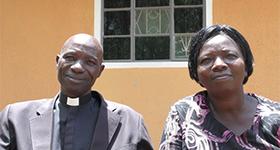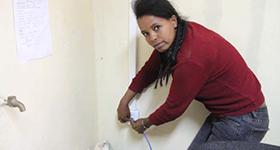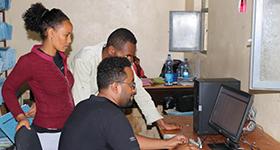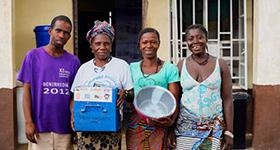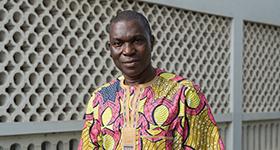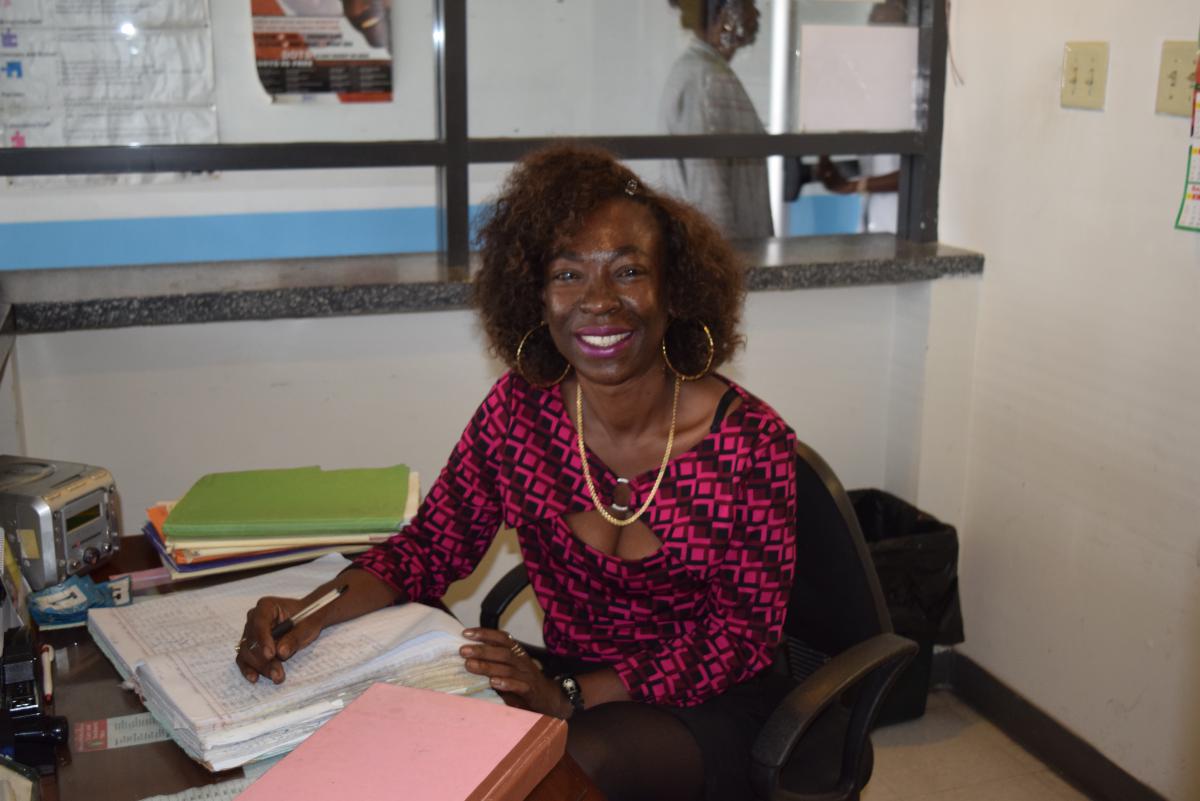
Elizabeth Mc Almont, Client Advocate Associate for APC Guyana.
For the past 15 years, Elizabeth Mc Almont has worked tirelessly to provide HIV education and other related services to a wide cross-section of persons in Guyana. According to Elizabeth, her dedication to her work originates from the heartbreak of watching close friends succumb to HIV-related infections. “As a teenager and into my early twenties, I cared for three close friends. At that time, HIV was relatively new to Guyana; there was low knowledge and high stigma. My friends were so ill. We were all scared. I educated myself about HIV. I loved them and cared for them until the day they died. I never want anyone to feel the fear we did because there was so much we didn’t know.”
For Elizabeth, working as a health worker in the HIV arena is a lifelong commitment whether through paid work or volunteerism. Her deepest fulfillment comes from the satisfaction of seeing a client benefit from services. She says, for those clients who are HIV negative, services help them to remain as such, and for those clients who are HIV positive, the services send them down a positive life path. Elizabeth remembers a time when members of key populations could not access services because of stigma and discrimination, and did not even know how to offer support to one another. She is most proud that, because of her efforts, key populations have begun to take ownership of their health management with improved health-seeking behaviors. Access to services is easier and now there are various support groups for key populations and greater support within their communities.
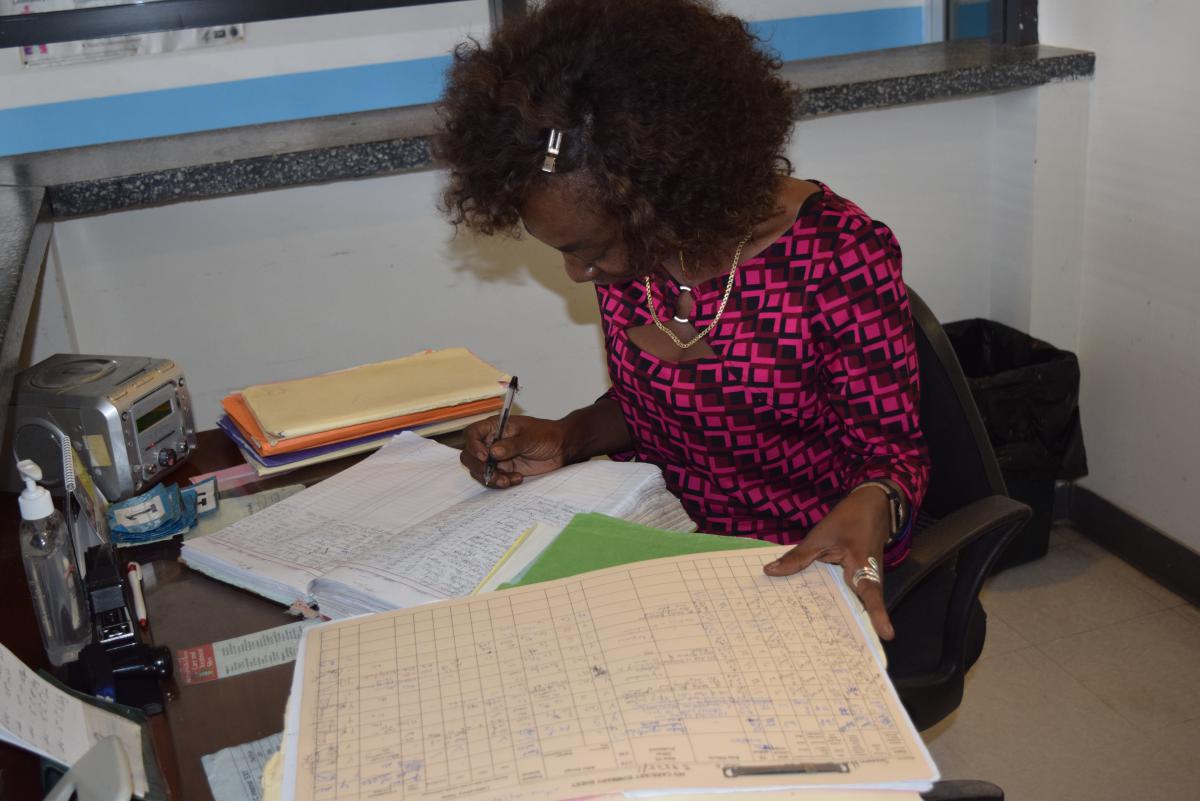
Elizabeth at work.
Reflecting on the challenges in her work, Elizabeth identifies that working with the young members of key populations is the most difficult. This can be attributed to the fact that there is low risk perception among this group. “As with any young person they feel they are invincible, that they can have certain behaviors and there be no consequences. They say to me that there are drugs for HIV now, so if they contract it, they can just go on a regiment and be fine. They do not understand what a toll it can be and how it can completely and permanently change their lives.” Despite this, Elizabeth works determinedly to educate young members of key populations about HIV, to promote HIV testing, and to teach safer sexual practices. “I show them respect; I let them know through my actions that I don’t judge them or their behaviors.” She notes that for anyone working in the HIV field, it is important to have a non-judgmental attitude; although one might not agree with the behaviors, key populations should still be treated with respect and dignity.

